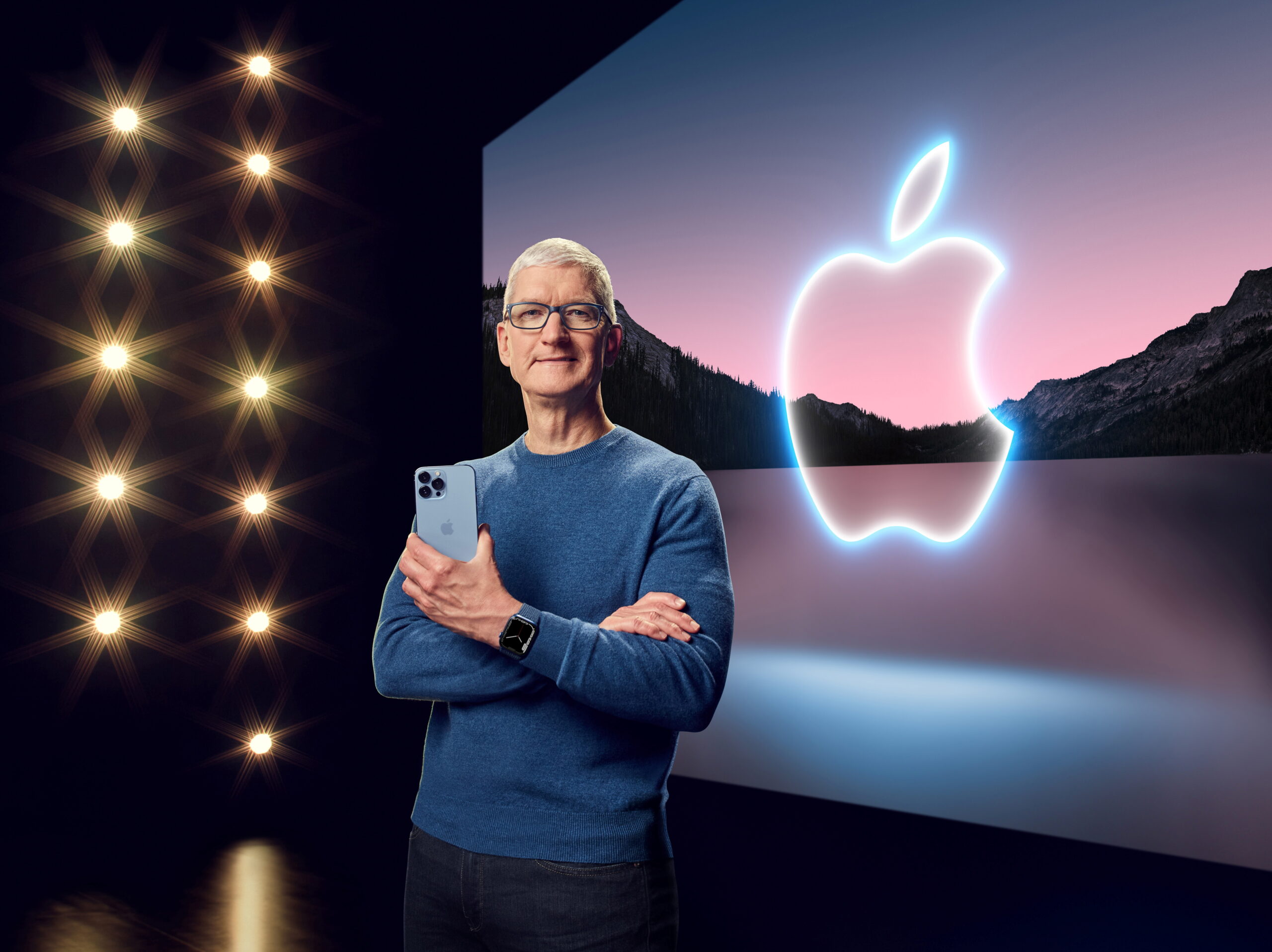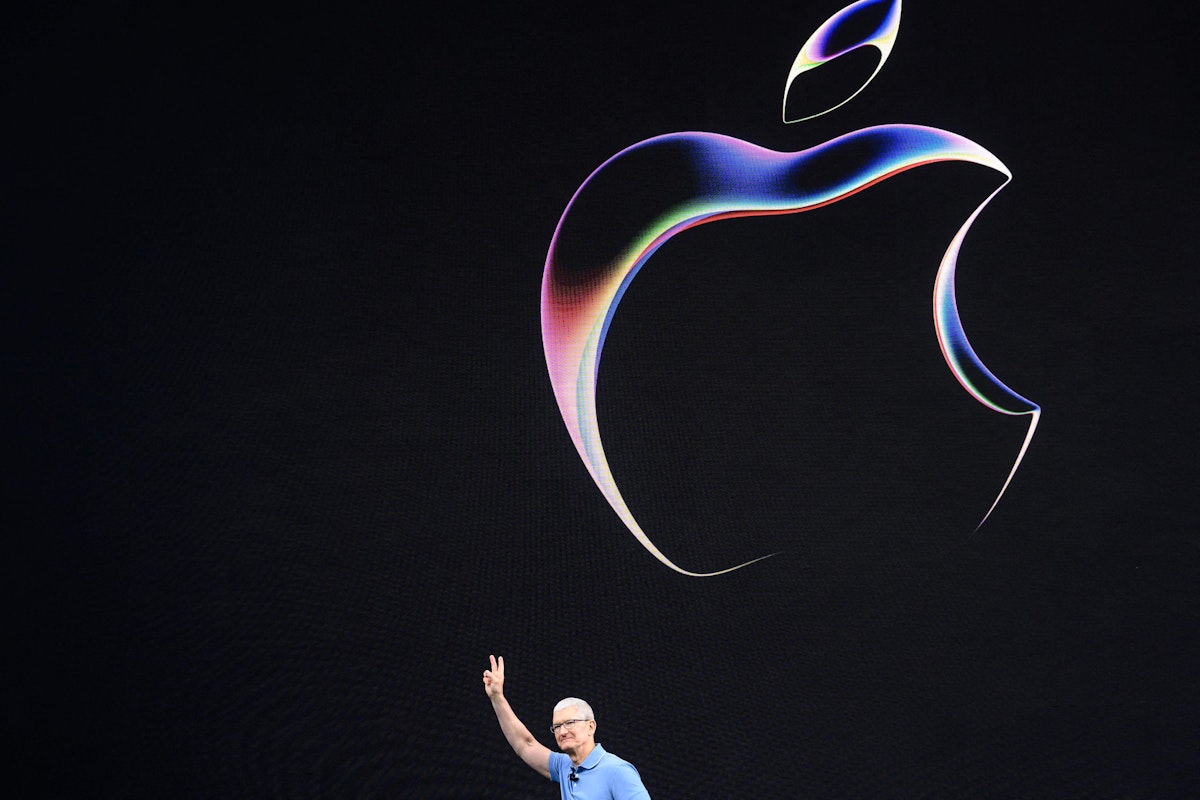The approaching end of the first quarter of the twenty-first century invites reflection on the significant milestones of the past 24 years, including pivotal events such as the September 11 attacks, the Great Recession, and the ongoing COVID-19 pandemic.
Amidst these landmarks, one enduring turning point stands out: the introduction of the iPhone by Apple in 2007. Serving as a bridge between the digital realm and reality, the iPhone has reshaped modern life in profound ways, ushering in an era where disconnection from the digital sphere is increasingly rare.
As technology continues to advance, the iPhone may undergo changes as well. In a recent development, the Justice Department, joined by 16 state attorneys general, has filed a notable antitrust lawsuit against Apple. This legal action alleges that Apple has preserved its market dominance by obstructing competition from other smartphone manufacturers that could provide more cost-effective alternatives through unjust and anti-competitive tactics.

Apple CEO Tim Cook (Credits: Ticker News)
Attorney General Merrick Garland emphasized the importance of upholding antitrust laws to prevent consumers from bearing the burden of inflated prices due to anti-competitive behavior. The lawsuit argues that Apple’s stronghold on the smartphone market extends beyond fair competition and innovation, relying instead on violations of federal antitrust regulations to maintain its monopoly.
The case not only serves as a litmus test for the Biden administration’s commitment to antitrust enforcement, particularly within the realm of Big Tech but also carries implications that extend far beyond any single administration’s agenda. Given the entrenched dominance of the iPhone, any disruption to its position could have widespread repercussions, underscoring the necessity of challenging such market monopolies.
The 88-page complaint from the Justice Department contends that Apple, though initially propelled to success by innovation, has resorted to monopolistic strategies to maintain its position at the top. Ironically, the complaint highlights the government’s previous antitrust case against Microsoft in the 1990s as a driving force behind Apple’s rise.
The consent decree resulting from that case played a pivotal role in creating a more competitive environment, which ultimately fostered the development and triumph of Apple’s flagship products, including the iPhone.
A focal point of the lawsuit is Apple’s control over the App Store, the primary platform through which iPhone users access third-party applications. The government contends that Apple exerts disproportionate influence over developers, imposing restrictive contractual conditions and substantial fees on transactions within the store, which it describes as “monopoly rents.”

Apple (Credits: Yahoo)
Moreover, the complaint highlights Apple’s deliberate efforts to limit interoperability with non-Apple devices, such as the “green-bubble issue,” where messages between iPhone users and users of other smartphones appear differently, creating a perception of inferiority for non-Apple devices. This intentional tactic, the lawsuit alleges, reinforces Apple’s market dominance by undermining the user experience on rival platforms.
The Justice Department’s scrutiny extends beyond the iPhone itself to include related products like the Apple Watch. The complaint alleges that Apple utilizes the exclusivity of the Apple Watch’s compatibility with the iPhone to further entrench its dominance in the smartphone market, making it more costly for consumers to switch to alternative devices.
In addition to its impact on consumer choice and innovation, the lawsuit asserts that Apple’s tactics stifle competition in ancillary industries, such as digital wallets and automotive technology, further consolidating its market power and disadvantaging competitors.
Despite the significant hurdles presented by antitrust cases, history demonstrates the potential for substantial change through robust enforcement. The Justice Department’s prior actions against Microsoft sparked transformations in the technological sphere, fostering heightened competition and innovation. Similarly, regulatory interventions aimed at loosening the perceived grip of the iPhone on the market could open doors to future technological advancements and a more competitive environment.
Although the lawsuit’s outcome remains uncertain, it’s clear that the era of uncontested dominance in the tech sector could be approaching its conclusion. With regulators intensifying their examination of Big Tech companies and their practices, the prospect of a more competitive and inventive environment arises, presenting potential benefits for consumers and the wider technological realm.
























